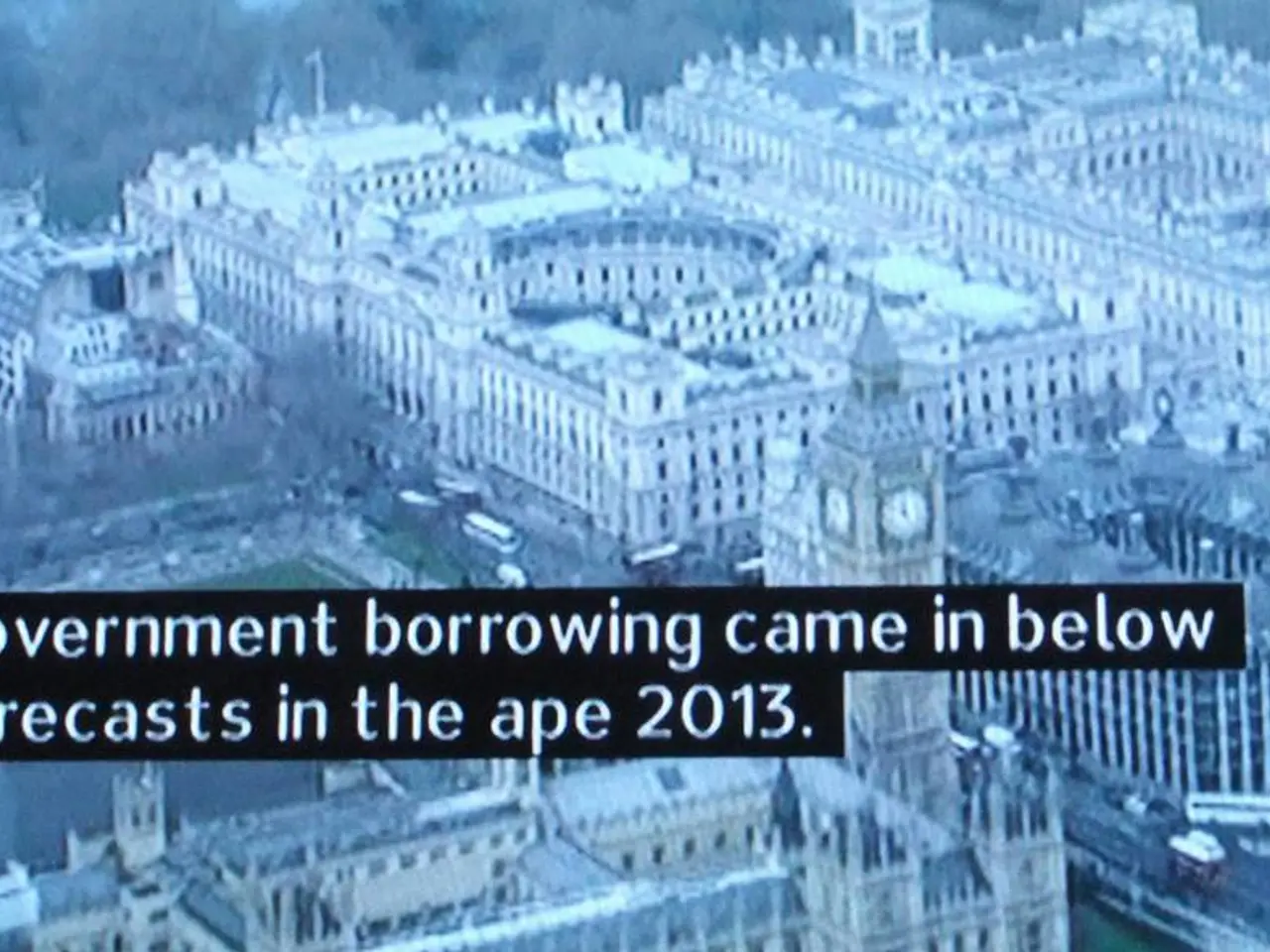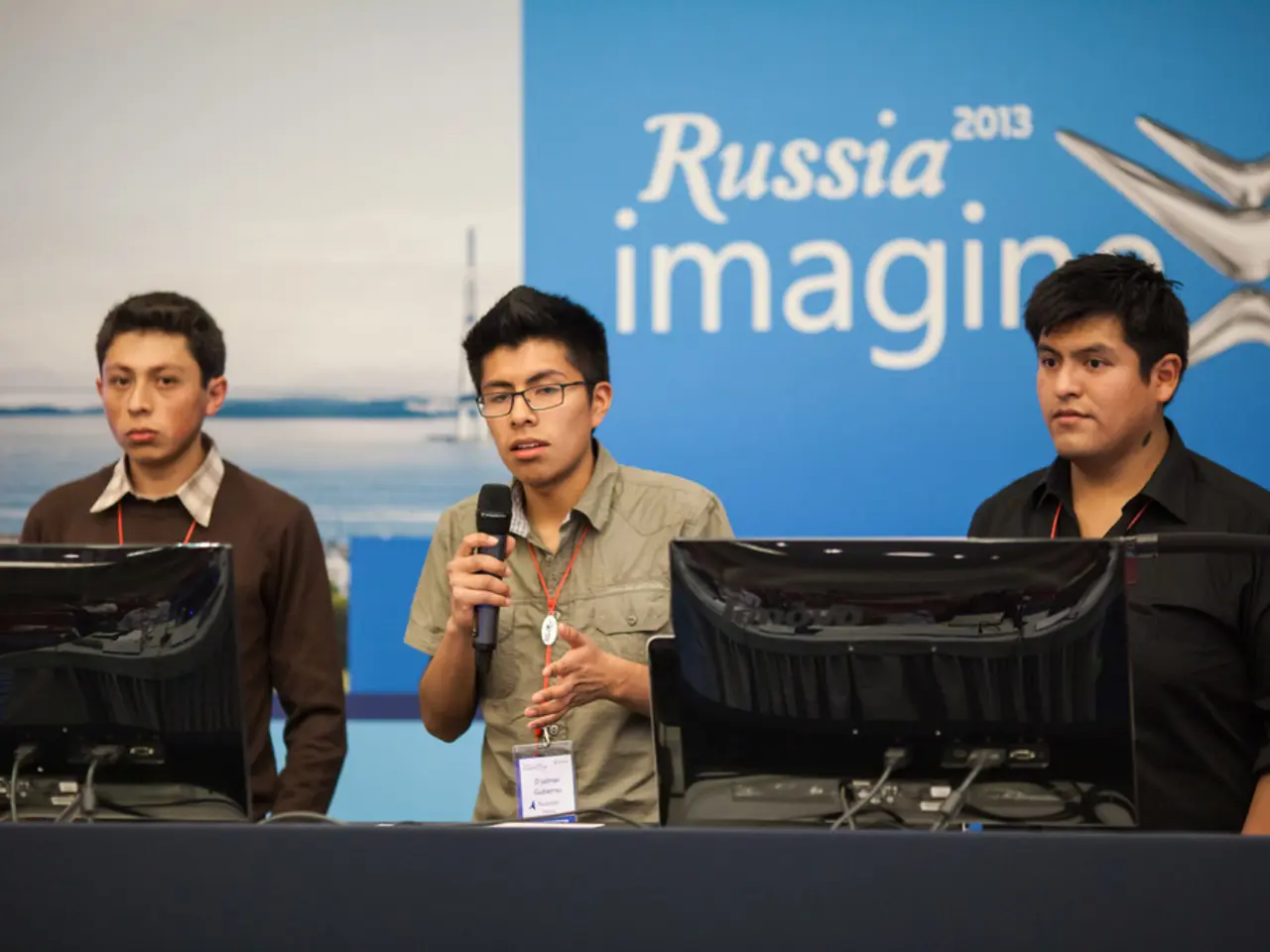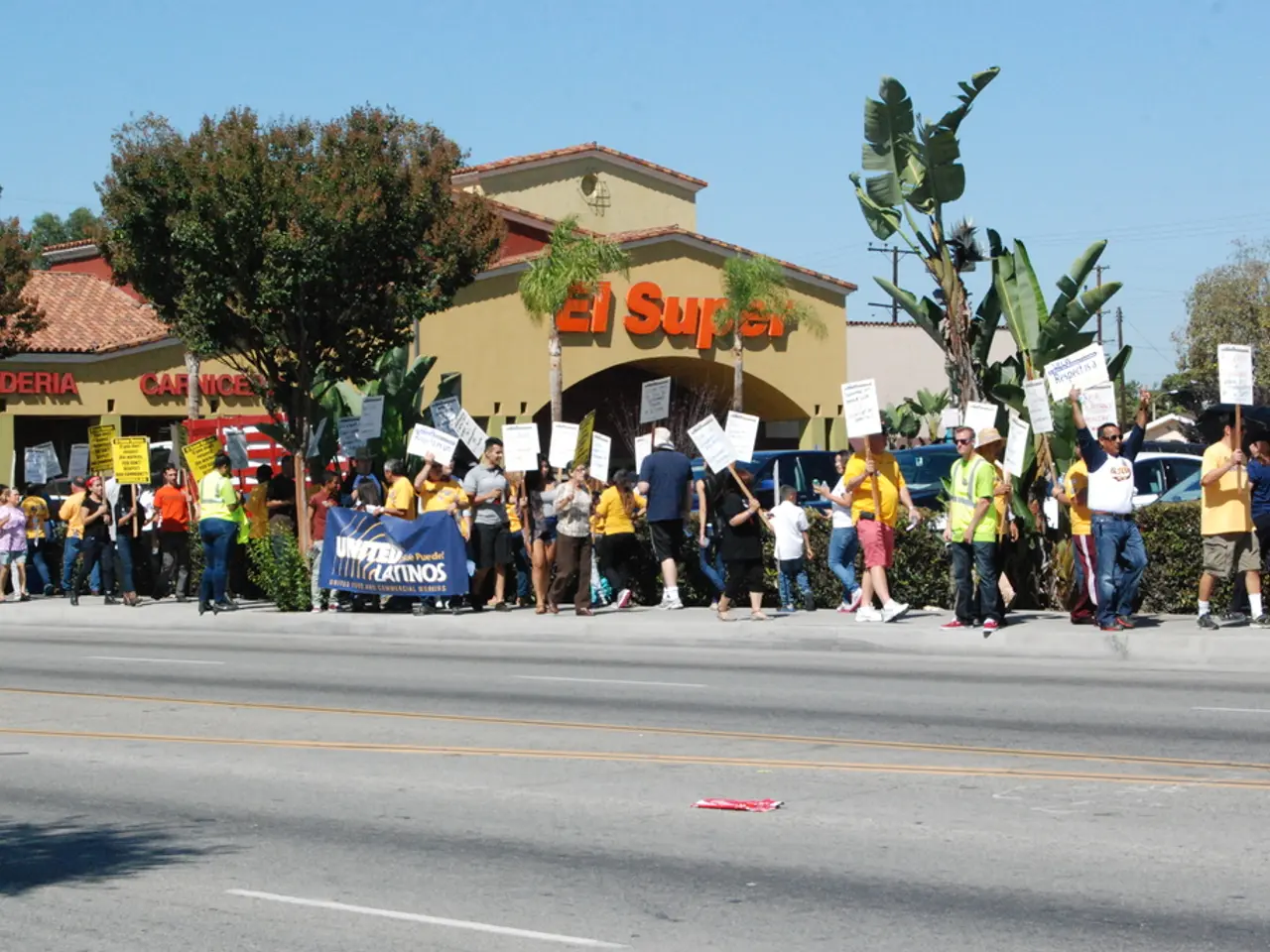EU Commissioner Warns: Democratization Progress in Georgia Slowing, EU Prepared for Intervention
The State of Democracy and Media Freedom in Georgia: A Sharp Concern
Ekaterina Zaharieva, the EU Commissioner for Startups, Research, and Innovation, raised eyebrows in the European Parliament as she squarely addressed the alarming state of democracy and media freedom in Georgia. Mzia Amaglobeli, a prominent journalist, was a central figure in her speech.
"The EU remains ready to act against human rights abusers in Georgia," Zaharieva declared, echoing a concerning trend of harassment, intimidation, and politically motivated attacks against journalists, activists, and opposition figures.
"These underhanded tactics seek to muzzle dissenting voices and constrict democratic space," she warned, drawing attention to the heavy sentencing of young protesters and court cases against independent media outlets.
Mzia Amaghlobeli's predicament, Zaharieva contended, symbolizes the broader suppression of free expression in Georgia—an unacceptable situation for a country aiming for EU membership. She advocated for Amaghlobeli's immediate release and reiterated the EU's backing for Georgia's independent media.
"Georgia's European path remains open, but the authorities must decide which direction they wish to head," Zaharieva underscored. "This isn't the behavior the EU, or more crucially, the people of Georgia, anticipate from a government pursuing closer ties with Europe."
Georgia: A Slide Towards Authoritarianism
The current predicament surrounding democracy and media freedom in Georgia stems from a drastic regression characterized by increased suppression of independent media and politically motivated persecution of journalists. Mzia Amaglobeli, a celebrated journalist and founder of Batumelebi and Netgazeti news outlets, found herself arrested for a minor physical altercation with a police chief—an event widely perceived as representative of the crackdown on media freedom and dissent in Georgia.
The Georgian government's implementing of repressive laws has led to broadcasters such as Formula TV and TV Pirveli facing sanctions for using critical terms against the government. Potential consequences include fines, content revisions, or license revocations. Journalists reporting on protests have also been met with hefty fines for charges like "blocking the road," while political influence is evident in the actions of the Georgian Public Broadcaster, which has terminated journalists speaking against government control.
The broader democratic picture in Georgia remains grim, with increased international concern, particularly from the EU, which is weighing sanctions and intensified pressure on the Georgian government in a bid to uphold democratic values and media freedom.
- The escalating war-and-conflicts over media freedom and democracy in Georgia position politics and policy-and-legislation at the forefront of international general-news, with the EU considering sanctions against the government due to repressive laws and suppression of independent media.
- The ongoing crackdown on dissenting voices in Georgia, epitomized by the case of Mzia Amaglobeli, has resulted in a widespread concern about crime-and-justice, as young protesters face harsh sentencing and independent media outlets grapple with court cases.
- For the Georgian government, the international community's scrutiny, underscored by the EU's concern over their human rights abuses, presents a critical juncture in their policy-and-legislation, as they must decide whether to pursue a more authoritarian path or uphold principles of media freedom in the face of war-and-conflicts and classify the situation as a matter of crime-and-justice.





